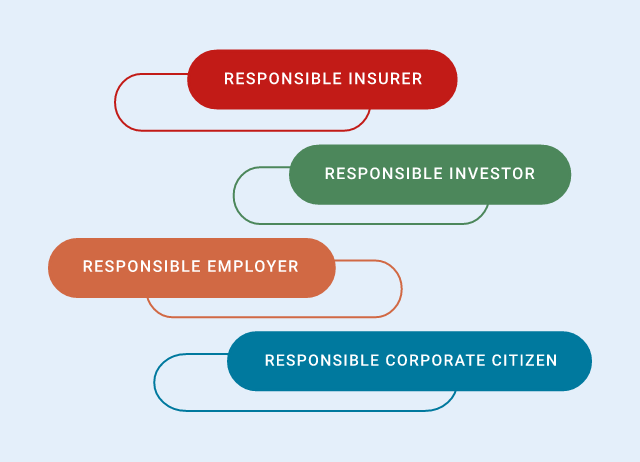Emerging risks
The last years have shown that the world may change rapidly and in unexpected directions. Thinking rapidly, depicting possible futures and facing the unknown is therefore fundamental.

In this changing environment, awareness and preparedness are key. For this reason, insurers shall turn their gaze towards the future, looking beyond current events and scanning the external context to anticipate those emerging risks that may not be evident today but might significantly affect tomorrow.
The past months continue to be characterised by an unstable geopolitical landscape with important social and macroeconomic consequences. The ongoing conflicts have shown how fragile the geopolitical balance is.
At the same time, the awareness around the threats faced by our planet is growing as the number of climate-related events increases, with leading institutions, regulators and the general public facing broad environmental concerns.
Within this context, social changes are also occurring, such as the ageing of the population and the declining of birth rates in developed countries. Last but not least, more and more innovative technologies such as generative AI, are entering every facet of society, opening the gates to new opportunities and benefits for all sectors, reshaping the economy but also our everyday lives, posing increasing and unknown concerns.
As of today, Generali’s analysis confirms four emerging risks to be our main concern: Climate change and natural disasters, Geopolitical instability, Digitalisation, Demographics and social changes. More risks are continuously arising, from Biodiversity, to Artificial Intelligence, to Mental health, together with other environmental, social and technological trends.
For further insights, the 2025 edition of the Generali Emerging and Sustainability Risks Booklet is available for download below.


